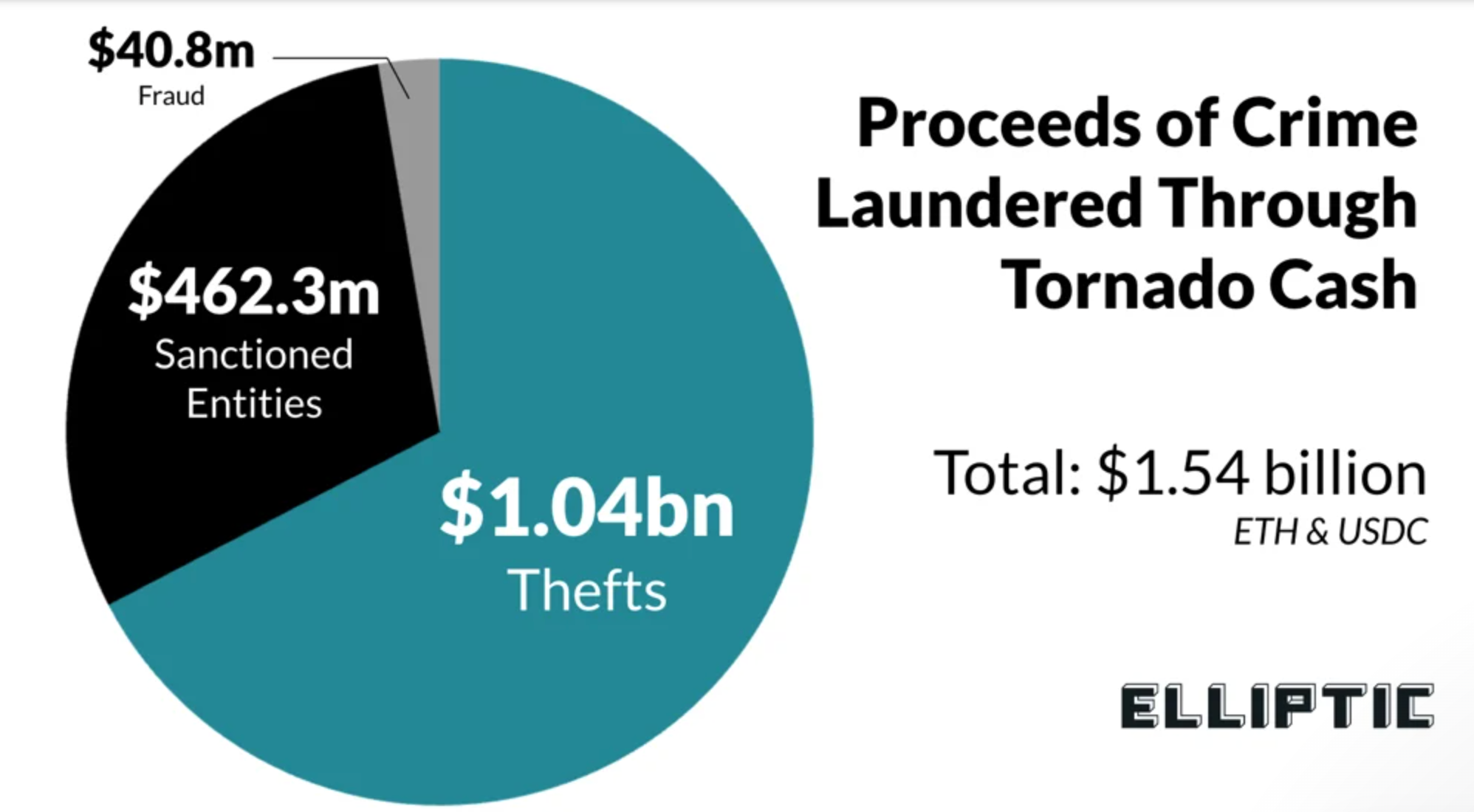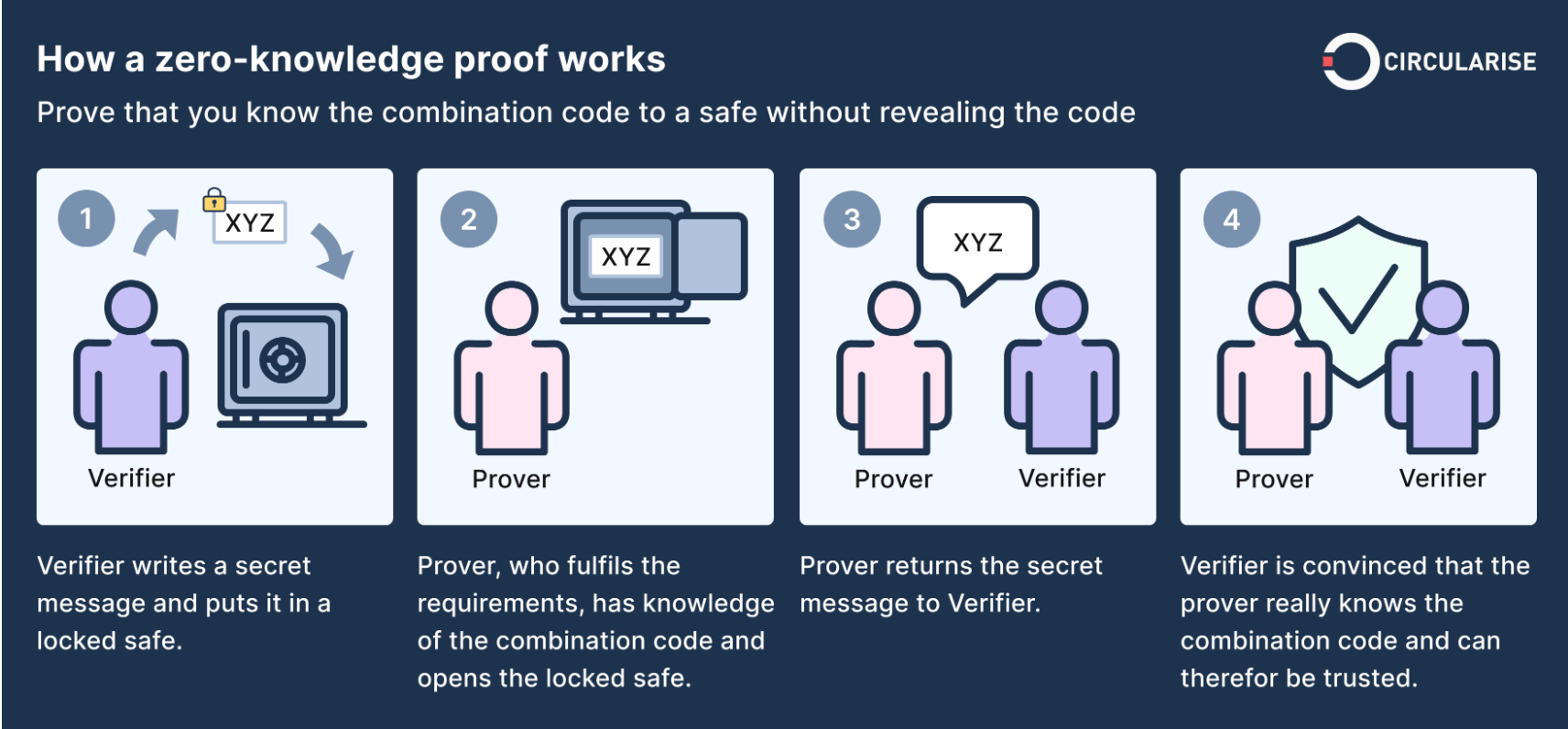In 2025, the cryptocurrency world witnessed a pivotal moment during the U.S. Congress's "Crypto Week," where landmark bills like the CLARITY Act classified Bitcoin as a digital commodity under the Commodity Futures Trading Commission (CFTC), while the GENIUS Act paved the way for stablecoin integration (1) These reforms have reignited a fierce debate: how much privacy should Bitcoin users sacrifice for regulatory compliance?
Bitcoin, launched in 2009 by the pseudonymous Satoshi Nakamoto, was designed as a peer-to-peer electronic cash system with pseudonymity at its core. Transactions are public on the blockchain, but user identities are not directly linked unless revealed. As Bitcoin evolved from a niche experiment to a trillion-dollar asset class, governments worldwide have imposed stricter rules to curb illicit use, clashing head-on with privacy advocates who champion financial sovereignty. This article explores the escalating tension between compliance-driven security measures and the push for unbreakable privacy, examining how this battle could reshape Bitcoin's trajectory.
Background on Bitcoin's Privacy Features

Bitcoin is often misunderstood as anonymous, but it is fundamentally pseudonymous. Every transaction is recorded on a public ledger, allowing anyone to trace funds from address to address using blockchain explorers. However, users can enhance privacy through practices like generating new addresses for each transaction, using non-custodial wallets, or employing mixing services (also known as tumblers) that pool and redistribute funds to obscure origins (2).
Despite these tools, Bitcoin's privacy is limited. Centralized exchanges, which handle the majority of fiat-to-crypto conversions, enforce Know Your Customer (KYC) and Anti-Money Laundering (AML) protocols, linking real-world identities to on-chain activity. This has diminished Bitcoin's appeal for privacy-conscious users, especially as regulators target mixing services like Tornado Cash, sanctioned by the U.S. Treasury in 2022 for allegedly facilitating laundering (3).
Emerging technologies aim to bridge this gap.

Zero-knowledge proofs (ZKPs), for instance, allow users to prove certain properties about a transaction such as the legitimacy of funds without revealing underlying details. Protocols like Privacy Pools propose a "compliance-friendly" mixing mechanism where users can selectively disclose information to satisfy regulators while maintaining privacy for lawful activities (4).
The Regulatory Perspective: Prioritizing Compliance and Security
Regulators argue that Bitcoin's pseudonymous nature creates exploitable blind spots for criminal activity, including money laundering, ransomware payments, and sanctions evasion. The Financial Action Task Force (FATF), a global watchdog, mandates that virtual asset service providers (VASPs) implement "travel rule" requirements, forcing exchanges to share sender and recipient information for transactions above certain thresholds (5).
In 2025, regulatory frameworks have matured significantly. Europe's Markets in Crypto-Assets (MiCA) regulation, fully effective since late 2024, imposes licensing, capital requirements, and transparency obligations on crypto firms. In the U.S., the CLARITY Act grants the CFTC primary oversight of Bitcoin as a commodity, while requiring robust AML programs. The GENIUS Act further integrates stablecoins into the financial system under federal charters, indirectly pressuring Bitcoin ecosystems to align with banking standards (6).
Enforcement actions underscore this priority. Privacy-focused tools face delistings: major exchanges have removed coins like Monero (XMR) due to their stronger anonymity features. Proposals like the EU's controversial "Chat Control" regulation, which mandates scanning encrypted communications, signal a broader push for digital surveillance that could extend to blockchain analytics.
The Privacy Advocates View: Defending Financial Sovereignty
Privacy advocates counter that excessive compliance erodes fundamental rights, transforming Bitcoin into a tool of state surveillance rather than liberation. They warn of a "panopticon" society where every financial move is tracked, stifling dissent, innovation, and personal freedom especially in authoritarian regimes where Bitcoin serves as a hedge against capital controls (7).
A key flashpoint is the U.S. Anti-CBDC Surveillance Act, passed in 2025, which prohibits the Federal Reserve from issuing a retail central bank digital currency (CBDC) without congressional approval. While celebrated by crypto proponents for blocking government-controlled money, it highlights deeper fears: compliance mandates could enable mass surveillance under the guise of security.
Advocates promote alternatives like decentralized exchanges (DEXs), peer-to-peer trading, and jurisdictions such as El Salvador, which adopted Bitcoin as legal tender in 2021 and resists international pressure for KYC on all transactions. They argue for ethical privacy tools that prevent illicit use without blanket disclosure, emphasizing that most Bitcoin activity is lawful (8)
Potential Solutions and Future Implications
Bridging privacy and compliance may lie in hybrid technologies. Privacy Pools, built on ZKPs, allow users to prove funds are not from illicit sources (via exclusion lists) without revealing transaction history. This "selective disclosure" model could satisfy regulators while protecting innocent users (9).
Looking ahead to 2030, scenarios include:
- Market Fragmentation: "Compliant" Bitcoin ecosystems in regulated jurisdictions coexist with "privacy-first" networks elsewhere, potentially splitting liquidity.
- Hybrid Adoption: Widespread use of ZKP-enabled wallets makes privacy default yet verifiable, boosting institutional adoption.
- Regulatory Backlash: Overreach could accelerate migration to fully anonymous alternatives, undermining Bitcoin's dominance.
This battle will influence Bitcoin's role in global finance, from remittances in developing nations to institutional portfolios.
The tension between privacy and compliance is not zero-sum but a spectrum where security and freedom must coexist. Regulators rightly target abuse, but blanket surveillance risks alienating the innovation that makes Bitcoin revolutionary. Privacy advocates must acknowledge illicit risks, pushing for nuanced tools rather than absolutism. Balanced policies encouraging ZKP innovations and clear legal safe harbors offer a path forward. The crypto community, regulators, and technologists must collaborate to ensure Bitcoin remains a tool for empowerment, not control. Stay informed on evolving laws, support privacy-preserving projects, and advocate for regulations that protect without suffocating.
Recourses
- Crypto Week Breakthrough: US House Passes GENIUS, CLARITY & Anti-CBDC Bills in One Historic Day
- Crypto Mixers and AML Compliance
- U.S. Department of the Treasury. "Sanctions on Tornado Cash." August 2022
- Why Privacy Matters In Crypto
- Crypto Mixers and AML Compliance
- Crypto Week Breakthrough: US House Passes GENIUS, CLARITY & Anti-CBDC Bills in One Historic Day
- Expert essays on the expected impact of digital change by 2035
- The Rise and Fall of Bitcoin as Legal Tender: An Analysis of El Salvador’s Experiment
- Privacy-preserving auditable token payments in a permissioned blockchain system
The information provided in the blog posts on this platform is for educational purposes only. It is not intended to be financial advice or a recommendation to buy, sell, or hold any cryptocurrency. Always do your own research and consult with a professional financial advisor before making any investment decisions. Cryptocurrency investments carry a high degree of risk, including the risk of total loss. The blog posts on this platform are not investment advice and do not guarantee any returns. Any action you take based on the information on our platform is strictly at your own risk. The content of our blog posts reflects the authors’ opinions based on their personal experiences and research. However, the rapidly changing and volatile nature of the cryptocurrency market means that the information and opinions presented may quickly become outdated or irrelevant. Always verify the current state of the market before making any decisions.



.png)


.png)




